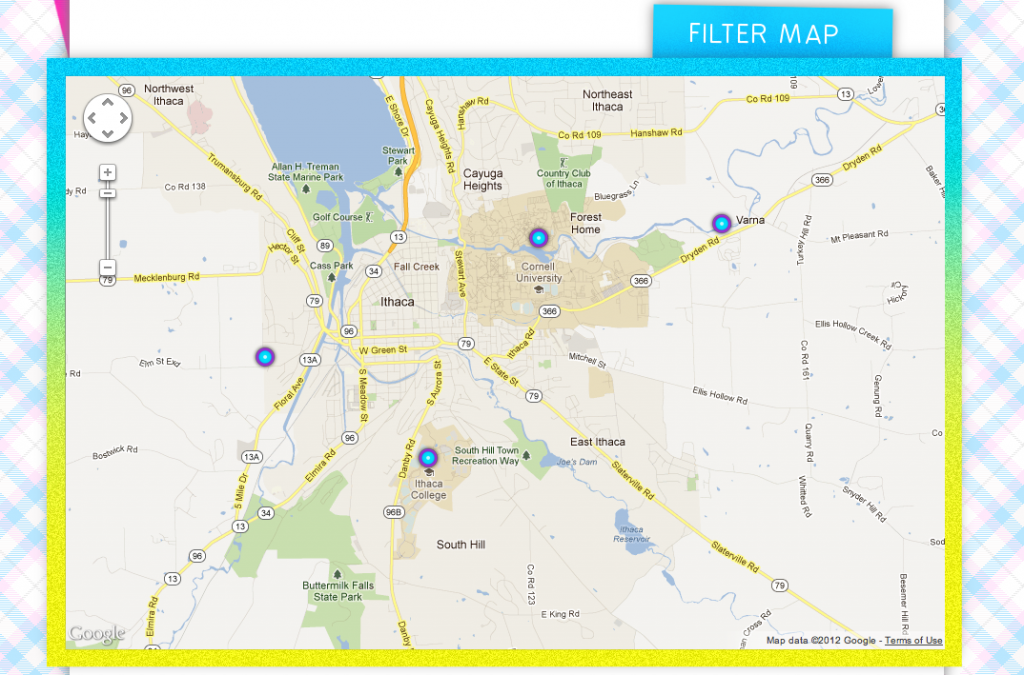A new website allows anyone in the world to digitally register where they’re having sex.

Planned Parenthood of the Great Northwest has combined the use of new social media technology with their National Condom Week campaign to promote safe sex practices, specifically among young adults and college students. PPGNW launched WhereDidYouWearIt.com and released 60,000 QR-coded condoms in Idaho, Alaska and Washington that send smartphone users to the site.
Nathan Engebretson, new media coordinator for PPGNW, said the project was created when brainstorming ideas for National Condom Week, which is every year during the week of Valentine’s Day.
“We were thinking of how to add our voice to the larger conversation about not only normalizing and encouraging condom use, but really giving people an opportunity to celebrate and be proud of their healthy decisions and responsible behavior,” he said.
Once a user enters details of the sexual encounter, the location is plotted on a Google-powered map. The map allows users to see the geographic location and background information of other sexual encounters and even share theirs to Facebook and Twitter.
Placing QR codes on the condoms was intended to not only get people to the website to check in their safe sex behavior, Engebretson said, but also to raise awareness of the project. The website has recorded more than 8,000 check-ins on from all 50 states, six continents and around 170 countries.
Casey Martinson, public affairs director for Planned Parenthood of the Southern Finger Lakes, said the organization is supportive of the project and shares the same goals in their own mission.
“We hope that the all the attention being generated in the media and social media will bring people’s attention to the project and the importance of safe sex in our area as well,” he said.
While people of all ages may use the site to record their behavior, Engebretson said, most of the check-ins have been from young adults in their 20s. He said PPGNW was happy to see this response pattern because college students and 20-somethings were their main targets.
“They’re the people who are already using social media, and they’re really comfortable with this channel of communication, so it seems like a natural fit,” he said.
Freshman Kristina King, a member of IC VOX: Voices for Planned Parenthood, said she does not believe the check-in site will continue to grow in popularity because sex is generally viewed as a private behavior.
“Sometimes people overestimate how into sharing our generation is,” she said. “We will share a lot about ourselves, but I’m not sure that sex is one of those things that people are willing to post about publicly, even in a more anonymous form.”
King said she believes the initiative is a worthy cause but may be lost in today’s culture, where condoms aren’t necessarily considered sexy.
“The unfortunate thing about our environment in regards to sex is that safe sex isn’t considered cool,” she said. “There’s not a lot of focus on taking care of yourself and protecting yourself and protecting your partner. The focus is set on the actual act of sex itself without any regard for the consequences or aftermath.”
Engebretson said the website and QR codes serve as an unconventional approach to normalizing the use of condoms. The typical tactic of scaring people into using them isn’t working anymore, he added.
“It’s an alternative that gives people an opportunity to be proud of their responsible behavior,” he said. “That’s just as cool, if not cooler, than the QR codes and technology.”







